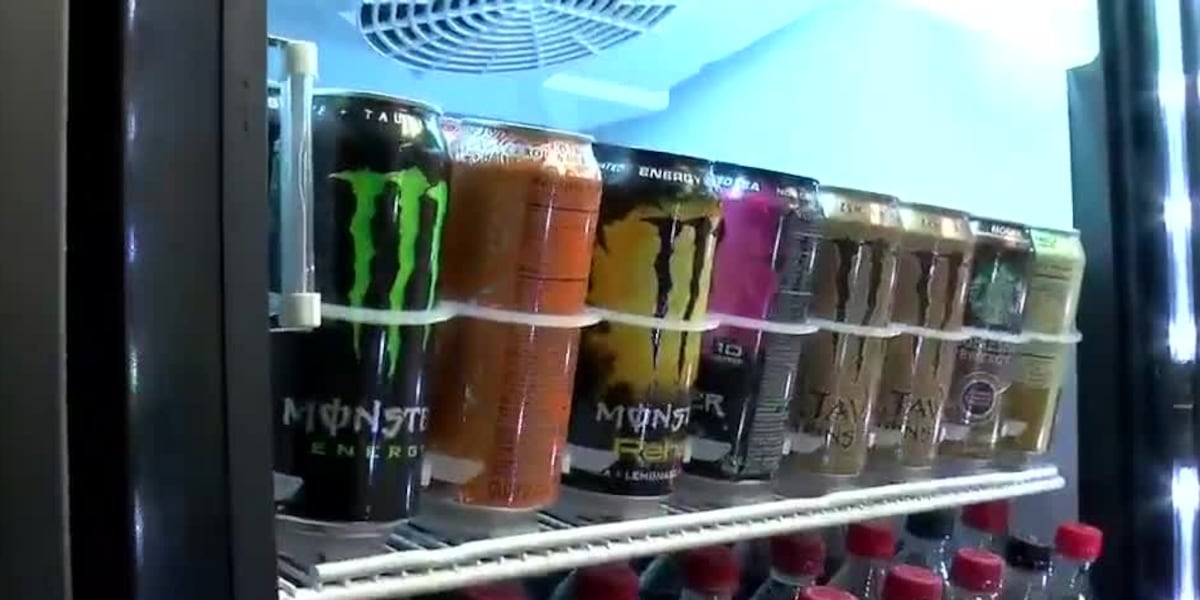OPELIKA, Ala. (WTVM) – It’s common to crave a caffeine boost in the morning or during an afternoon slump. Energy drinks have become a go-to option for many adults and college students—and now, they’re becoming increasingly popular among teens and even children. But this growing trend is raising serious health concerns.
Emergency room visits related to caffeine consumption in children are on the rise.
“The American Association of Pediatrics does not advise drinking energy drinks,” said Megan Kelley, a registered dietician.
Popular brands like Monster, Reign, Bang, and Celsius are widely consumed by both teens and adults. According to the Food and Drug Administration, the recommended daily caffeine limit for adults is 400 milligrams. Many energy drinks contain up to 200 milligrams per serving—half the daily limit in just one can.
“The way that caffeine works in your body is it blocks your tired receptors, so it just makes you feel like you’re not tired, when in reality your body actually is but your brain doesn’t think it is,” Kelley said. “When you’re drinking your energy drink, it’s not giving you more energy, but helping you push through your tiredness.”
Kelley, who has been a registered dietician for four years, warns that caffeine can be especially dangerous for children and adolescents, potentially leading to heart problems and difficulty focusing.
“It can cause heart issues, mood disorders, it can increase anxiety to a very vulnerable population that deals with that. It also will not effect your sleep very well,” she said.
A study by Epic Research found that ER visits for caffeine-related issues have more than doubled since 2017. Kelley emphasizes that energy drinks are not the same as sodas or sports drinks—they can actually dehydrate the body and impair performance.
“Reading labels is a great first step to try to figure out what am I even drinking? What am I putting in my body?” said Kelley. “Even the energy drink companies are required to have a warning label which should scare you enough to think… maybe I shouldn’t be drinking this.”
Her advice? Start with water. She recommends prioritizing sleep and eating whole foods to naturally boost energy levels—rather than relying on 200 milligrams or more of caffeine a day.
Copyright 2025 WTVM. All rights reserved.
